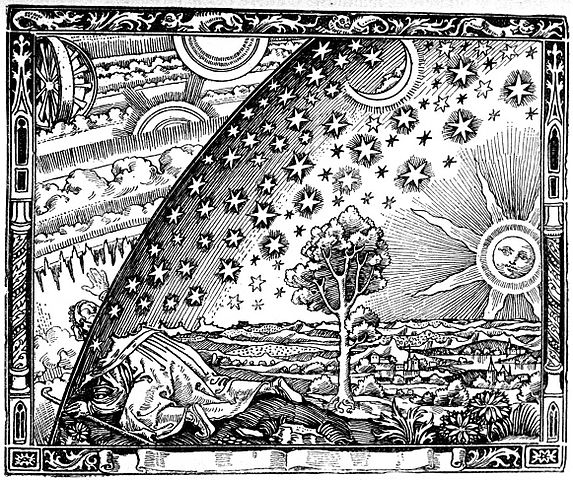
- This event has passed.
Dr. Angus Menuge, Professor of Philosophy, Concordia University Wisconsin

Graduate Christian Fellowship Roundtable
Many claim that the findings of neuroscience have made it impossible to believe in an immaterial soul—a substantial center of consciousness with libertarian free will. For example, in his The Illusion of Conscious Will (MIT Press, 2002), Daniel Wegner claims that specific experimental findings—such as Benjamin Libet’s experiments on decision-making and various “automatisms”—show that conscious will is not the explanation of our actions, but is merely a causally impotent preview of them. Others, like Steven Pinker and Daniel Dennett, go even further and claim that the unified self is an outright fiction. If these skeptics are right, the soul is a useless relic of our pre-scientific past and it simply has to go.
Against this, Dr. Menuge will argue the following: (1) The experiments cited by Wegner have been seriously misrepresented and fail to show that there is no role for conscious will; (2) Contra Pinker and Dennett, we have several good philosophical reasons for believing in a unified self, most notably that it best explains our capacity to reason; (3) There are, in addition, a number of strictly scientific reasons to postulate a soul, as explained in such volumes as Beauregard and O’Leary’s The Spiritual Brain (HarperCollins, 2007) and Baker and Goetz’s The Soul Hypothesis(Continuum, 2011).
Angus Menuge was raised in England, and became an American citizen in 2005. He holds a BA in philosophy from Warwick University, a Ph.D. in philosophy from the University of Wisconsin-Madison, and a Diploma in Christian Apologetics from the International Academy of Apologetics, Evangelism and Human Rights. He is author of Agents Under Fire: Materialism and the Rationality of Science, and many articles on the philosophy of mind, philosophy of science and Christian apologetics, and is the editor of several collections of essays, on C. S. Lewis, Christ and culture and the scientific vocation.
